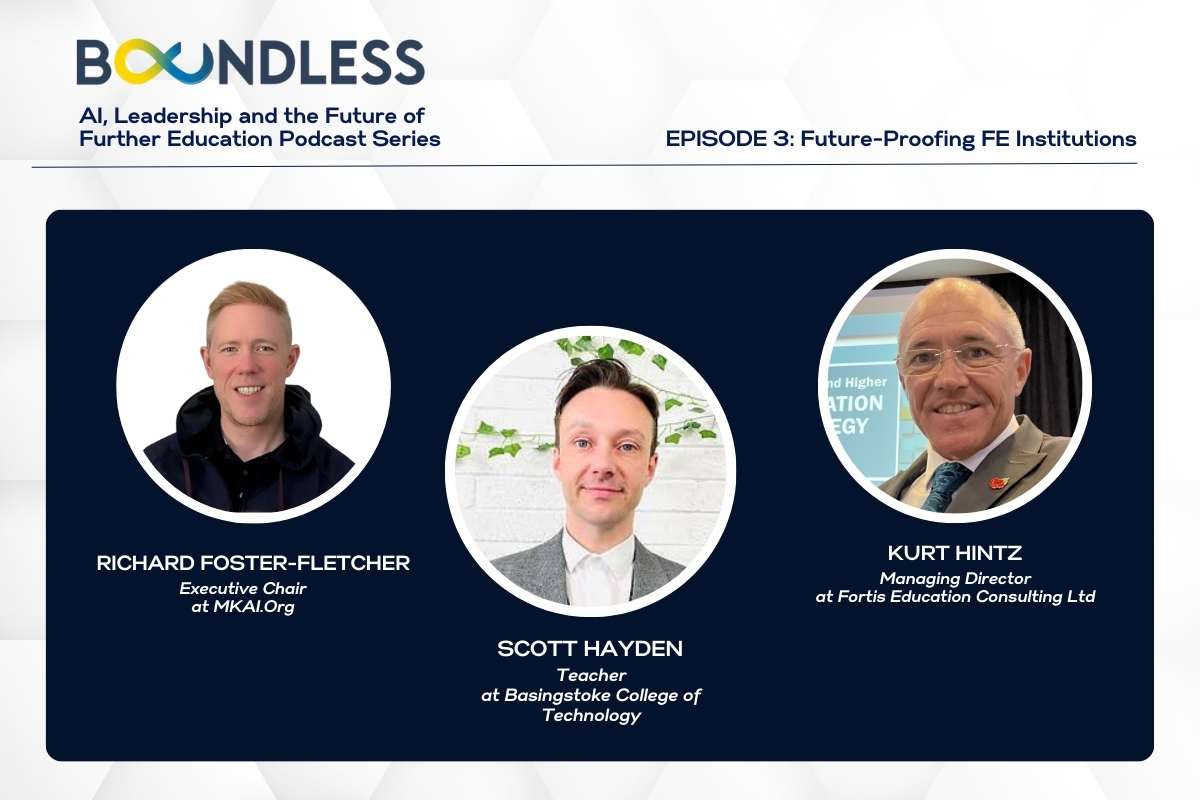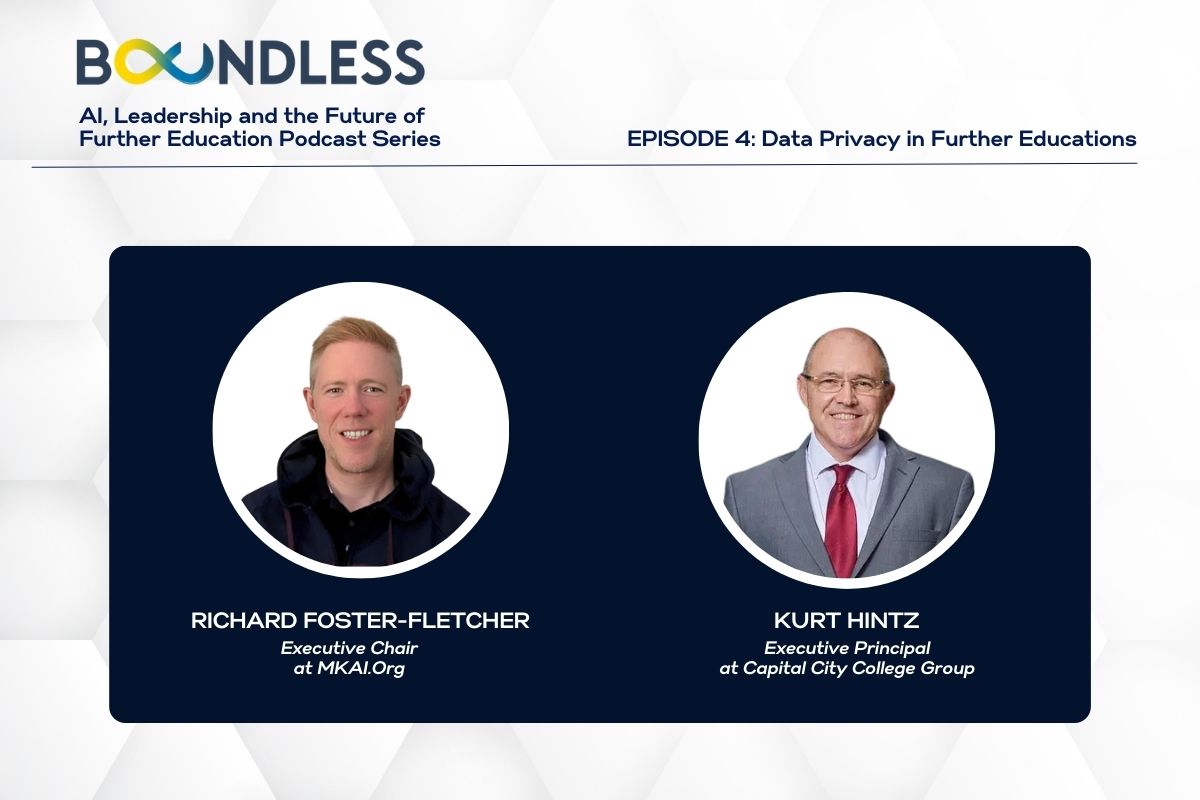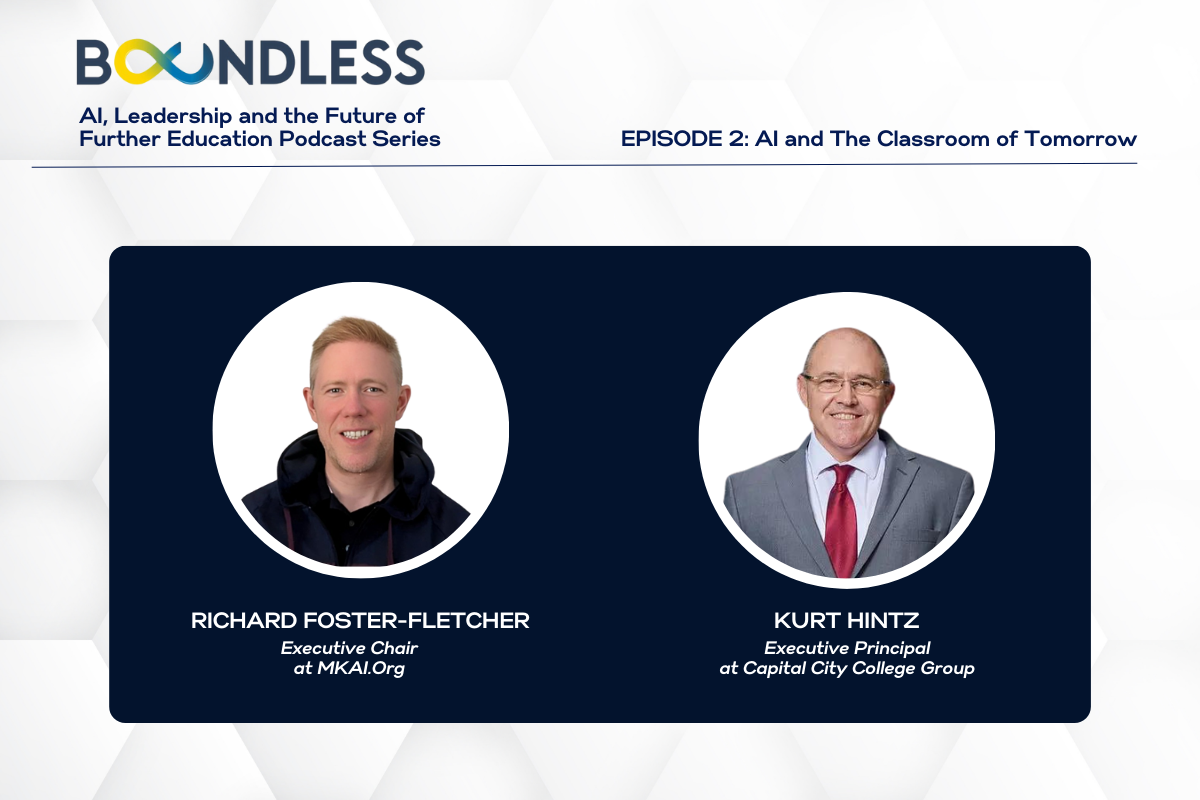How children’s brains work – The science of Home Learning from Professor Paul Howard-Jones

Professor @PaulHowardJone1 of @Channel4’s The Secret Life of Four & Five Year Olds and Professor of Neuroscience in Education @BristolUni has teamed up with @STEMLearningUK to share his knowhow on the science of how children’s brains work and, most importantly, learn.
https://www.youtube.com/watch?v=BkRobZAIyi4
In a new film recently launched, Professor Paul Howard-Jones offers advice for the millions of parents and carers supporting children learning from home during lockdown.
Paul’s tips include:
- Engagement– If you’re struggling to get your child engaged with schoolwork, think about what else usually motivates them and why that might be. The brain’s reward system responds well to praise, winning points, novelty, curiosity and also sharing attention with others (whether face-to-face or online). There are usually ways of incorporating some of these in their schoolwork
- Keep emotions in check – Monitor your own emotions and try to keep them positive. You and your child have brains containing mirror neuron systems that help you experience each other’s emotions as if they were your own. So, where possible, include activities you both enjoy doing. This will help your child engage and will be more fun for both of you. Avoid going into battle with your child – apply your energies to help them want to learn rather than make them learn.
- Don’t panic – There will be times when your child gets stuck and you might not be sure either. How you respond is really important. Get involved, be interested – model the response you want your child to have to a challenge. Ask them what they already know about the subject – just activating this prior knowledge in the brain can shed light on a problem (and it also helps you better understand the topic – so you’re then more able to provide support).
- The Power of Sleep – Sleep helps what we learn during the day become more permanent – and it’s essential for learning. It’s important kids keep to their usual daily structure, with regular waking times, learning sessions and bedtimes. Lost or disrupted sleep impacts learning twice over – causing children to forget what they had learnt and be too tired to learn more. Discourage use of technology known to disrupt sleep, such as late-evening video game sessions.
The new film also forms part of The Science of Learning from Home, a guide created by Paul Howard-Jones and STEM Learning on how to support parents during lockdown. It covers topics including what goes on inside children’s brains, how children learn and how parents can help their children build knowledge and remember what they’ve learnt. Paul will also be leading regular Q&A sessions, where parents and carers can submit questions that he will answer online on 6th and 20th May at stem.org.uk/home-learning.
STEM Ambassador and Professor in Neuroscience in Education at University of Bristol, Paul Howard-Jones says: “The current lockdown is a really important time for parents to be supporting their child’s learning. Understanding how the brain learns can be incredibly rewarding and fascinating, and will really help parents with children learning from home. Home learning is no easy feat, but I hope the insights I’ve shared will improve the experience and be something families can benefit from now, and long after the crisis has lifted.”
Paul’s video joins more than 300 activities and materials, carefully selected from a bank of over 14,000 free resources to support parents and carers with home learning, with a particular focus on science, maths and computing.
Fran Dainty, STEM’s Head of Education added:
“We’re delighted to be working with Professor Paul Howard-Jones to shed light on how children’s brains work and, most importantly, learn. Parents don’t need to be experts in subjects, but being aware of the processes that aid learning, can be really beneficial – for both parent and child.”
“This latest content joins a range of free activities and materials STEM Learning is offering to help parents and teachers during the summer term. We hope parents will enjoy using our resources and also, more generally, the experience of helping their children learn. It’s a time children will remember for the rest of their lives.”
STEM Learning is the UK’s largest provider of education support in science, technology, engineering and mathematics (STEM). STEM Learning is a non-profit, working with schools, colleges and others working with young people, including providing resources for both parents and teachers.
Over the coming months, the activities and materials will be supported with regular video content from other famous STEM Ambassadors, following on from a video from British astronaut Tim Peake published on 16 April 2020.
Other available resources include a survival guide for parents home schooling for the first time, containing useful tips – from creating a purposeful space for learning and developing a routine, to finding learning in everyday activities and using time outside to engage with STEM activities – e.g, identifying trees and plants and measuring the speed and time of a walk.
In addition there are fun food-based experiments to encourage children to learn about the body and nutrition, as well as practicallessons in inclusive design, focusing on how design can be used to solve problem and support all people in society.
All resources have been curated by STEM Learning’s specialist team of experienced subject teachers, cover all ranges from 4 to 19 and are available for both teachers and parents at: www.stem.org.uk/home-learning.
For extra support, STEM Learning’s subject experts are available weekdays from 8:30am to 4.30pm via a webchat, accessible on all of STEM’s webpages.












Responses